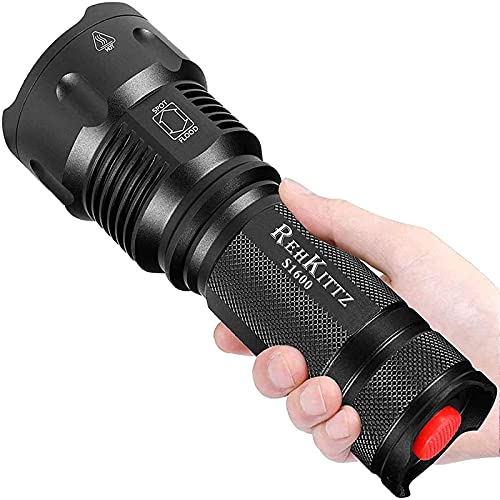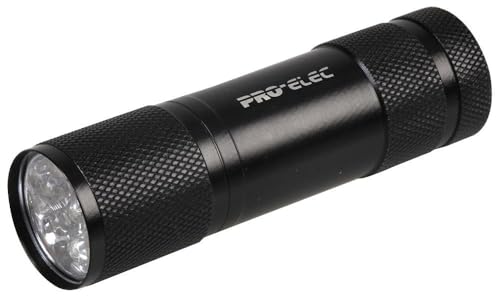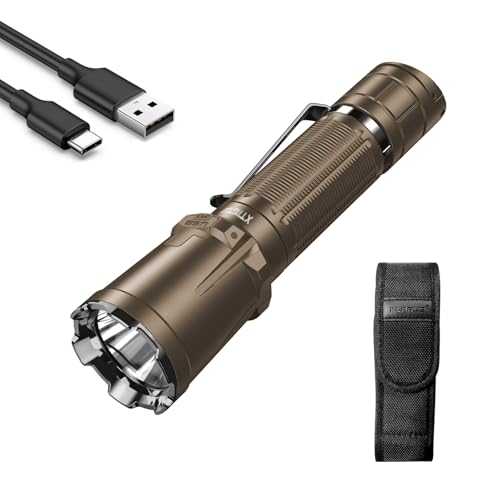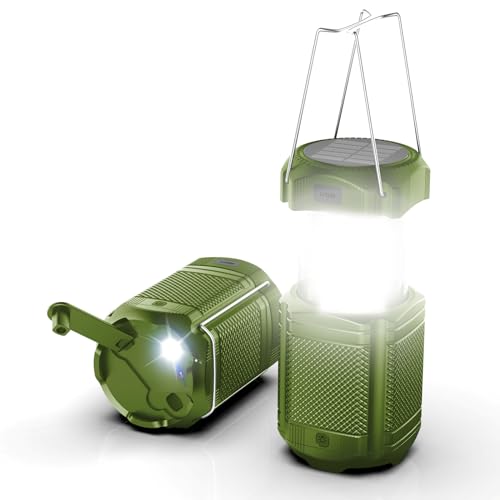What to Consider When Buying a Torch
Identifying Your Primary Use
When we set out to buy a torch, it’s crucial to identify how we intend to use it. Will it be for camping trips, home emergencies, or maybe for everyday tasks like walking the dog at night? Understanding our primary use helps us narrow down our options. For instance, if we need a torch for hiking, we may want something lightweight and portable, while a torch for home use might prioritise brightness over size.
Assessing Size and Weight
Another important factor is the size and weight of the torch. If we plan to carry it in our bag or pocket, a compact model might be more beneficial. Conversely, if it will sit on a shelf for emergencies, a larger model could be ideal. We should also consider how comfortable the torch feels in our hand, ensuring it’s easy to grip and use, especially in urgent situations.
Types of Torches: Which One Suits Your Needs?
Handheld Torches
Handheld torches are the most common type, suitable for a wide range of activities from outdoor adventures to home use. They often come with adjustable brightness settings, allowing us to tailor the light output depending on our needs, whether for searching in dark corners or lighting up a campsite.
Head Torches
If we require both hands for tasks like climbing or setting up a tent at night, a head torch could be the best solution. They are worn on the forehead and provide hands-free illumination, making them incredibly practical. Adjustability and comfort are key here to ensure they fit securely without causing discomfort during prolonged use.
Rechargeable vs. Disposable Battery Torches
We have the option between rechargeable torches, which are environmentally friendly and often more cost-effective in the long run, versus disposable battery torches that offer ease of use without the need for regular charging. If we often find ourselves needing a torch quickly, a disposable battery model may be suitable, whereas rechargeable models are great for regular use.
Key Features to Look for in a Quality Torch
Durability and Waterproof Ratings
Quality torches should be durable enough to withstand daily wear and tear. Look for models made from sturdy materials. A waterproof rating can also provide peace of mind, especially for outdoor use or unexpected rain. This means our torch will continue performing regardless of the weather.
Light Modes and Focus Adjustment
Various light modes, such as strobe or low-light settings, can enhance functionality. These features allow us to adapt the illumination to our environment. Additionally, a focus adjustment lets us switch between a broad floodlight for close-up tasks and a focused beam for distant objects, improving the versatility of the torch.
Understanding Brightness and Battery Life in Torches
Measuring Brightness: Lumens
When discussing brightness, we encounter lumens, a unit that measures the total light output of the torch. A higher lumen count means a brighter light, which is essential for search tasks or outdoor navigation. Knowing how many lumens we need depends on our intended use—500 to 1000 lumens is often suitable for outdoor activities.
Evaluating Battery Life
Battery life is a significant consideration since it determines how long we can use the torch before needing to recharge or replace batteries. Different modes can affect battery consumption, so look for models that balance brightness with efficient power use. A torch that lasts longer on low settings but also offers a high-output mode for emergencies is often the best choice.
How to Maintain Your Torch for Longevity
Regular Cleaning and Inspection
To keep our torch functioning optimally, regular cleaning is essential. Dirt or moisture can compromise performance, so we should periodically wipe it down, especially after outdoor use. Inspecting the battery compartment for corrosion will also help maintain proper battery contact.
Battery Care
If our torch uses rechargeable batteries, we should follow the manufacturer’s guidelines regarding charging cycles. Overcharging or letting lithium batteries fully discharge can shorten their lifespan. Regularly replacing disposable batteries when they show signs of weakening will also ensure consistent performance when we need it most.
























